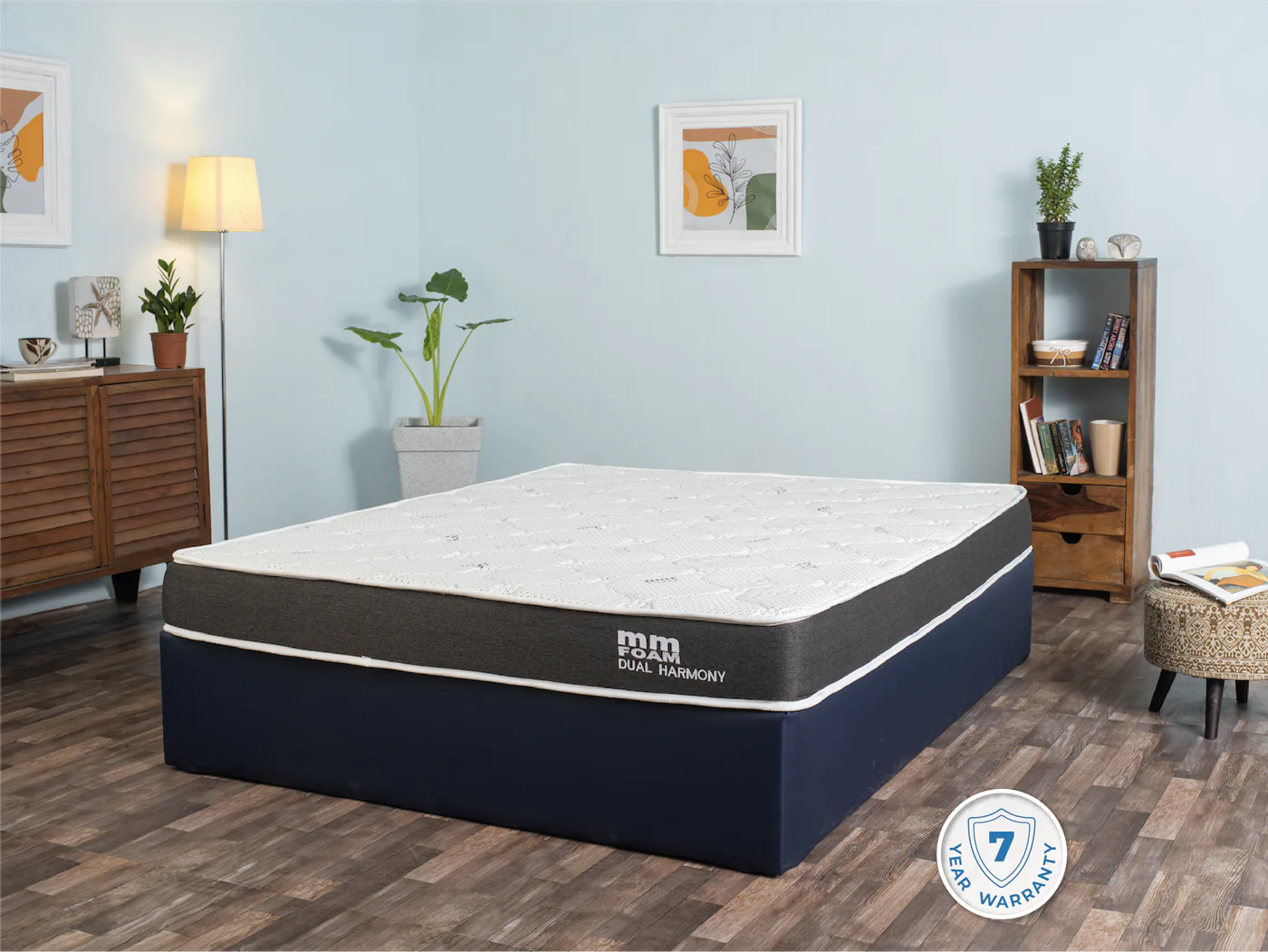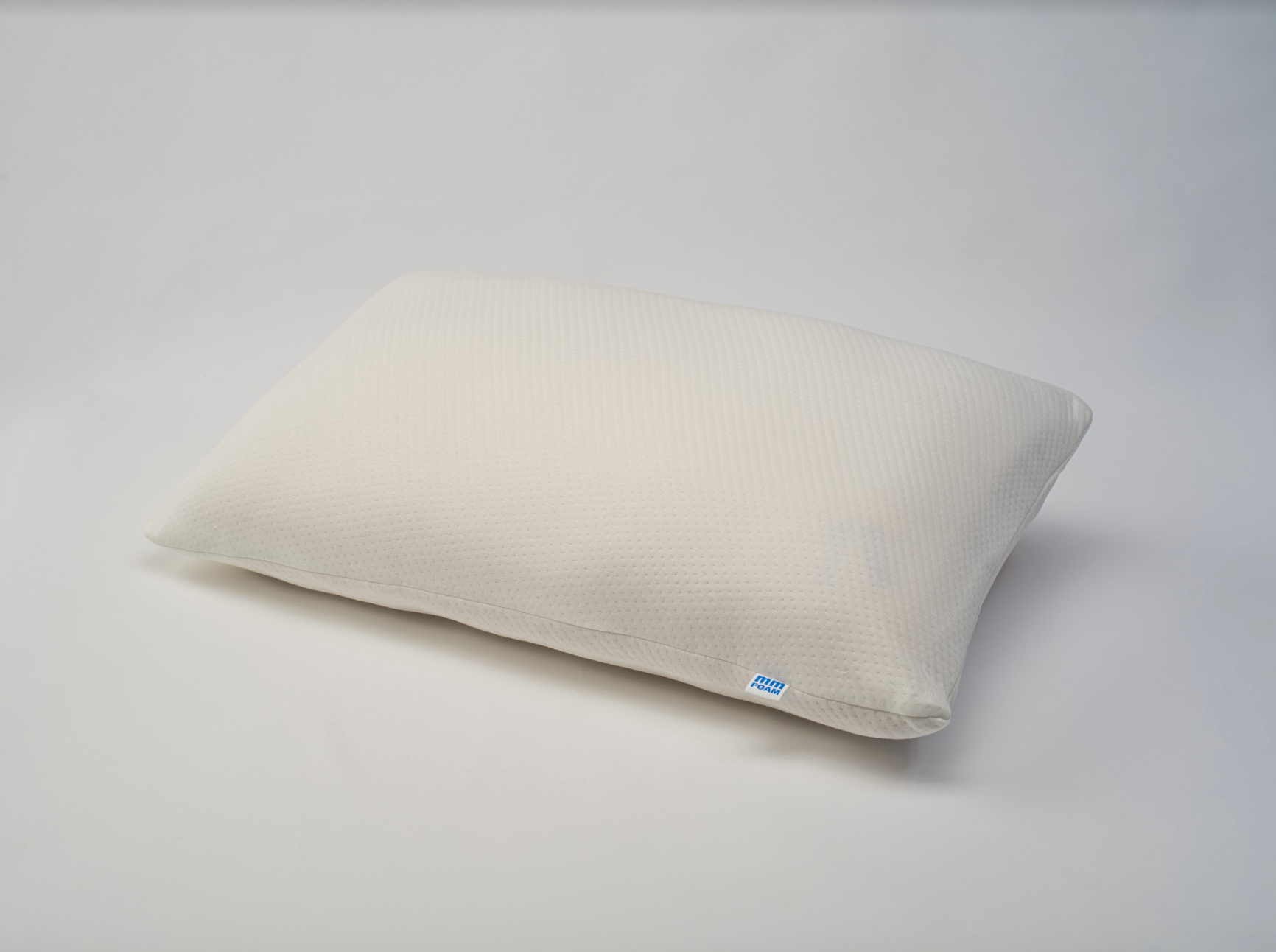Your cart is empty
Looks like you haven't added anything to your cart yet

The surprising connection between mattress quality and mental sharpness
It’s likely that most of us already do a number of things in order to keep our minds sharp – think daily sudoku, meditation, regular exercise, and the like. Of course, such activities play a key role in boosting brain function. But did you know that there’s another crucial factor that influences our cognitive performance?
It’s your mattress!
Yes, really. While sleep duration and quality dominate the dialogue around brain health, the conditions in which we sleep – including the comfort of our mattress – play a significant role as well.
In this blog, we’ll take a deep dive into how this lesser known factor impacts mental sharpness. But first, we’ll take a look at the role of sleep in maintaining our cognitive health.
According to The Sleep Foundation, “getting enough hours of high-quality sleep fosters attention and concentration, which are prerequisites for most learning. Sleep also supports numerous other aspects of cognition, including memory, problem-solving, creativity, emotional processing, and judgment.”
Conversely, when we don’t get enough sleep, our brains find it difficult to function optimally, and this results in shorter attention spans, poor judgement, impaired emotional capacity, and more.
How Mattress Quality Impacts Sleep and Mental Functioning?
TLDR:
A good mattress improves sleep quality, which can:
Undisturbed sleep that improves memory consolidation
A high-quality mattress ensures proper spinal alignment, optimal support, and minimised disturbances – all of which contribute to deep, uninterrupted sleep. Research has shown that memory consolidation and learning are enhanced during Rapid Eye Movement or REM sleep. REM sleep has also been found to contribute to creative thinking.
Check out our blog on why latex mattresses are the best for proper spinal alignment.
High-quality sleep for better decision-making
A theory known as the ‘brain plasticity theory’ posits that sleep is crucial for the brain to grow, reorganise, restructure, and form new neural connections. These processes can help individuals learn new information and form memories as they sleep, and also improve problem-solving and decision making skills.
High-quality mattresses help individuals sleep without disruption – while a poor quality mattress prevents the user from experiencing deep sleep, that can make them tired, drowsy, and impact their decision-making.
Better sleep for a mental health boost
A poor-quality mattress can result in a chronic lack of proper sleep, which can result in higher levels of stress when dealing with day-to-day tasks. Sleep deprivation has also been linked to depression and anxiety. While a good-quality mattress itself cannot be the sole solution to mental health issues, it can go a long way in improving overall wellness.
How to select the right mattress for better sleep and cognitive function
Spinal alignment: A mattress that helps maintain the natural curve of the spine can reduce back pain and discomfort, allowing the body to fully relax during sleep.
The right material: Choose natural, hypoallergenic materials such as NRLF that offer optimal support and adapt to the body’s contours, facilitating better sleep.
Temperature regulation: If you are prone to overheating and sweating at night, choose a mattress that incorporates cooling technologies or is made of breathable materials.
Durability: Choose high-quality mattresses that aren’t prone to sagging over time.
Take a look at our mattress buying guide for more details.
Conclusion
Sure, a mattress is about physical comfort and proper support. And it’s not the first thing that comes to mind when we think of mental health and sharpness. But clearly, it has a significant impact not just on how we feel physically, but also how we perform cognitively.
So, if you’re looking to improve your brain health, a simple first step could be purchasing a high-quality mattress – because a good night’s sleep isn’t just restful, it’s transformative!
- Choosing a selection results in a full page refresh.









